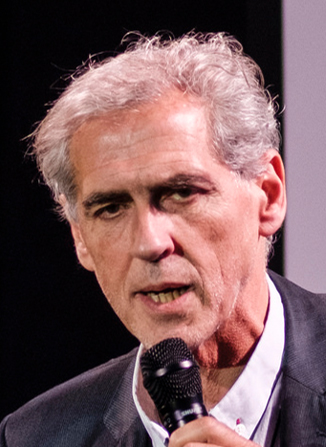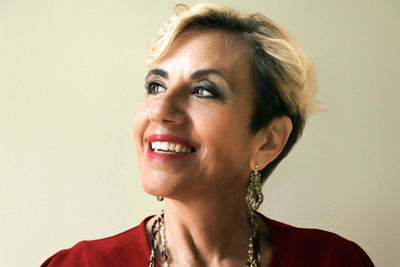Plenary Speakers

Hugues Bersini
Université Libre de Bruxelles, Co-Director of the IRIDIA laboratory (Belgium)
"Why the whole should be less than the sum of the parts"
In this talk, I’ll describe a succession of complex systems modelling within different scientific disciplines, such as financial and banking networks, immunology, chemistry, climatology, with, in all cases, the pleading for object orientation and the resorting to UML diagrams to facilitate the interfacing between the software developers and the researchers in those disciplines. In a second time, I’ll discuss the concept of emergence, its counter-scientific nature, arguing for a better investigation of the necessary ingredients contributing to a necessary de-subjectivation. For instance, in biology, three of those ingredients could allow a collective phenomenon to be labelled as “emergent.” First, the phenomenon, as usual, requires a group of natural objects entering in a non-linear relationship and potentially entailing the existence of various semantic descriptions depending on the human scale of observation. Second, this phenomenon has to be observed by a mechanical observer instead of a human one, which has the natural capacity for temporal or spatial integration, or both. Finally, for this natural observer to detect and select the collective phenomenon, it needs to do so on account of the adaptive advantage this phenomenon is responsible for.

Tiziana Catarci
Computer Science and Engineering at Sapienza University of Roma (Italy)
"AI for Good"
Nowdays, many so-called "intelligent" systems are daily used, which are based on large amounts of data and equipped with machine learning algorithms, in order to help us deciding on a multitude of topics, from trivial ones, such as where to dine and which movie to watch, to fundamental ones, e.g., how to take a position on political and social issues. Similar systems are also increasingly used by public and private entities in a variety of domains, including credit, employment, justice, insurance. These systems take, sometimes autonomously, choices that have a significant impact on the lives of individuals and on the society. Therefore, it is important that human beings are able to understand the reasons for such choices and to trust the decision criteria. However, recent events have shown that this is not the case and that systems are sometimes influenced by biases in the data, lack of diversity and partial representations of phenomena. As the diffusion of these technologies and their use increases, there must be a rise in the commitment to ensure their transparency, comprehensibility, fairness, diversity and absence of prejudices. Likewise, it is important to work in the direction of “human-centered” systems, which can support human beings and augment their capabilities rather than replace them.

Juan Manuel Corchado
University of Salamanca (Spain)
"Intelligence 5.0: The human being at the centre of the production chain"
Artificial Intelligence revived in the last decade. The need for progress, the growing processing capacity and the low cost of the Cloud have facilitated the development of new, powerful algorithms. The efficiency of these algorithms in Big Data processing, Deep Learning and Convolutional Networks is transforming the way we work and is opening new horizons. Thanks to them, we can now analyse data and obtain unimaginable solutions to today’s problems. Nevertheless, our success is not entirely based on algorithms, it also comes from our ability to follow our “gut” when choosing the best combination of algorithms for an intelligent artefact. It’s about approaching engineering with a lot of knowledge and tact. This involves the use of both connectionist and symbolic systems, and of having a full understanding of the algorithms used. Moreover, to address today’s problems we must work with both historical and real-time data. We must fully comprehend the problem, its time evolution, as well as the relevance and implications of each piece of data, etc. It is also important to consider development time, costs and the ability to create systems that will interact with their environment, will connect with the objects that surround them and will manage the data they obtain reliably. In this keynote, the evolution of intelligent computer systems will be examined. Moreover, we will analyse the current trend in the use of AI, which is moving towards the elaboration of sophisticated social machines, where humans are part of the decision-making process of AI algorithms.


